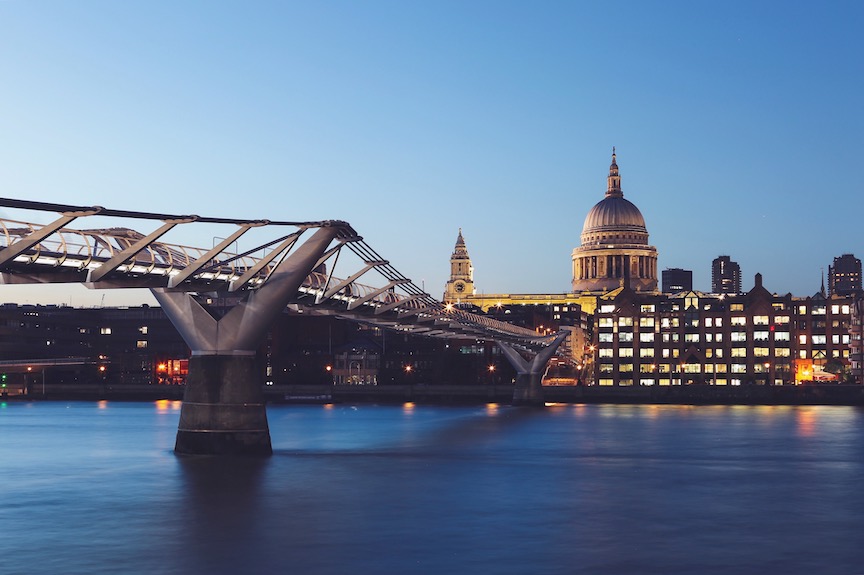2016 BREXIT

London
Driven by concerns over sovereignty, economic governance, and immigration, 51.9% voted to leave. The subsequent political landscape was marked by intense negotiations, especially concerning trade and the Irish border. While Boris Johnson's government finalized the exit in January 2020, the long-term political, economic, and social implications of Brexit remain subjects of debate and uncertainty..
On June 23, 2016, the UK held a referendum where the question posed to voters was simple: "Should the United Kingdom remain a member of the European Union or leave the European Union?" The result was close but clear: 51.9% voted to leave, while 48.1% voted to remain. The decision sent shockwaves throughout the world, affecting global markets and leading to Prime Minister Cameron's resignation.
The vote's aftermath was tumultuous. The UK grappled with internal divisions, as the referendum exposed stark differences—England and Wales voted to leave, while Scotland and Northern Ireland voted to remain. This posed existential questions about the future of the United Kingdom itself.
Negotiating the terms of the exit proved challenging. Issues like the rights of EU citizens in the UK (and vice versa), the financial "divorce bill," and, most contentiously, the nature of the border between Northern Ireland (a UK constituent) and the Republic of Ireland (an EU member) took center stage.
Theresa May, who succeeded Cameron as Prime Minister, attempted to navigate these treacherous waters but faced internal party dissent and a divided Parliament. Her Brexit deal was rejected three times by the House of Commons, leading to her resignation in 2019.
Boris Johnson, a leading figure in the "Leave" campaign, took the reins next. He renegotiated parts of the deal, particularly concerning Northern Ireland, and then called a general election in December 2019. Gaining a decisive majority on the promise to "Get Brexit Done," Johnson's government finally achieved Parliament's approval. On January 31, 2020, the UK formally left the EU, entering a transition period until the end of the year to finalize its future relationship with the bloc.
 >
>